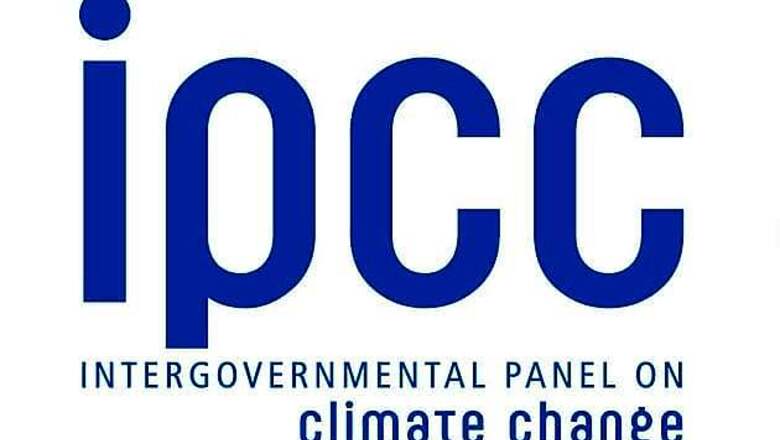
views
Science is central in understanding precise nature of the risks climate change poses. The Intergovernmental Panel on Climate Change (IPCC), the prime body reviewing and synthesising latest scientific knowledge on multiple dimensions of climate change has been pivotal in elevating the status of climate change as the key development and environmental policy agenda at international level.
Since its establishment in 1988, the IPCC has expanded its scope of analysis, while remaining true to the principles of scientific objectivity and non prescriptive conclusions qualified by levels of agreement and probability.
However, despite growing consensus among the scientific community, the political consensus and response has fallen short of what is necessary to avoid escalation of climate change to dangerous levels.
Hence, it will be in the interest of humanity for the IPCC to also include in its scope an additional chapter, if not a working group, recommending solutions in a non binding manner, particularly at lower levels of governance where an increasing sensitivity to climate risks has been observed.
However, these recommendations must also be qualified by levels of agreement and probability of effectiveness and the approval process of IPCC reports need to be more stringent to prevent any political misuse.
(Manish Kumar Shrivastava is a fellow at The Energy and Resources Institute, New Delhi)




















Comments
0 comment